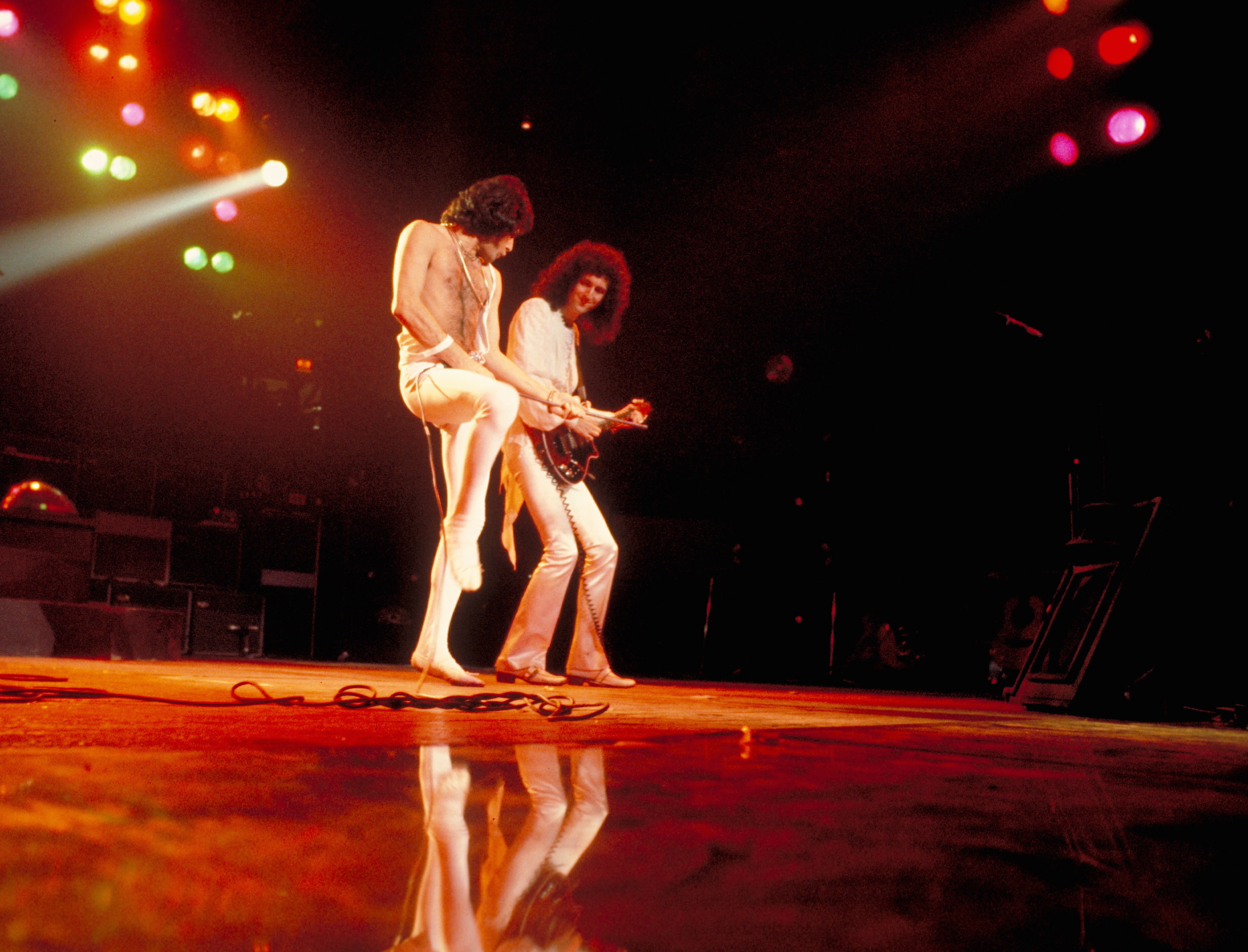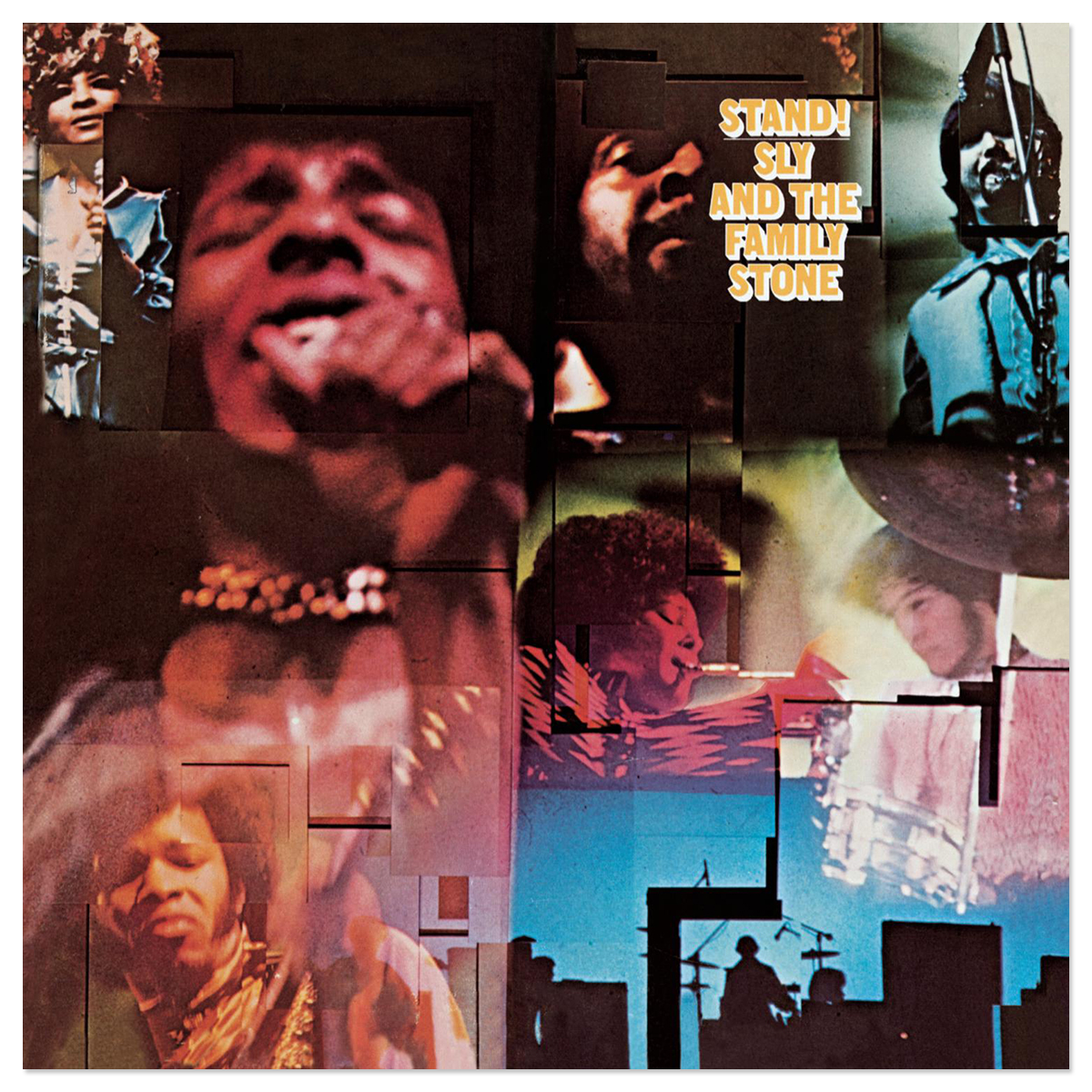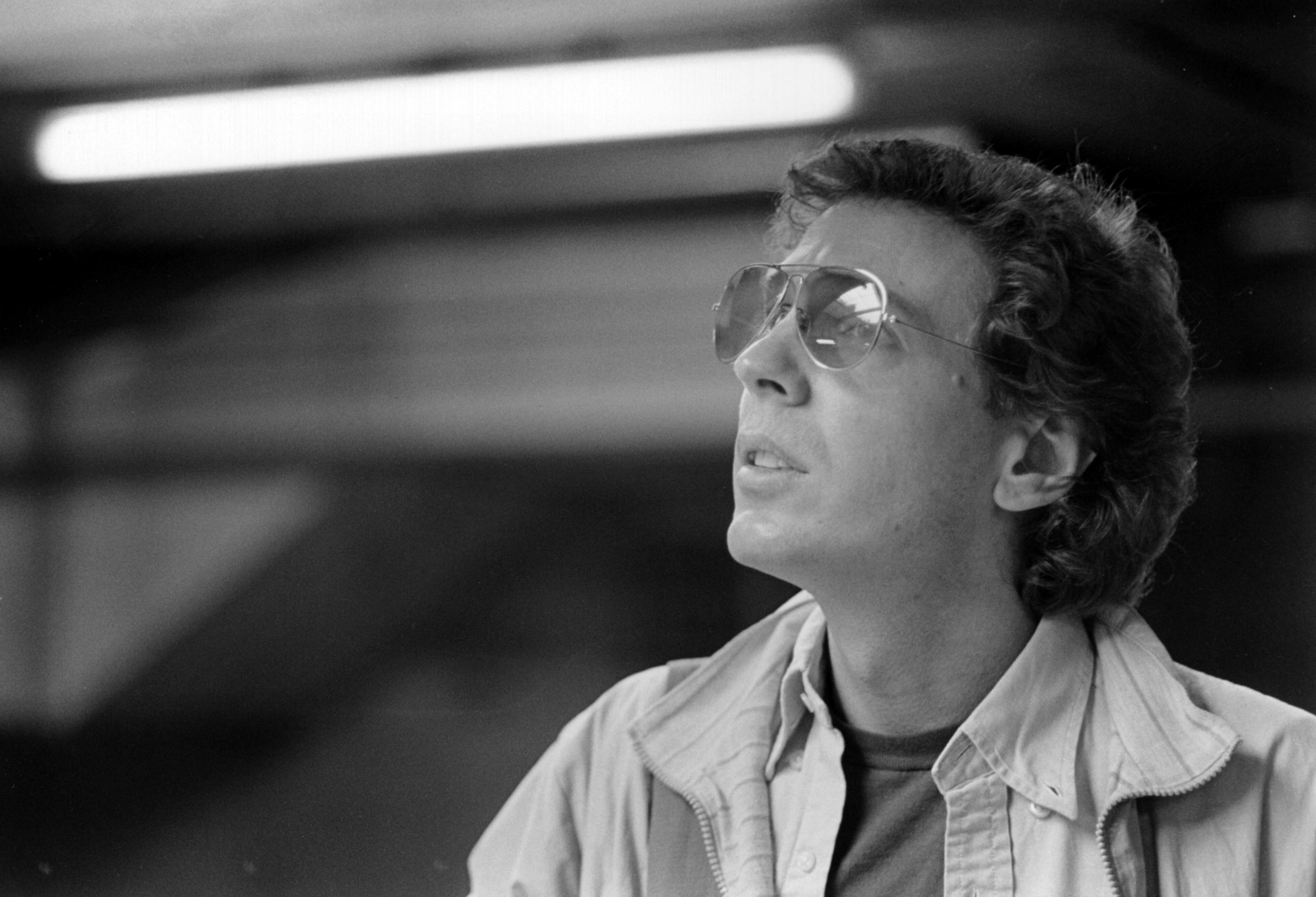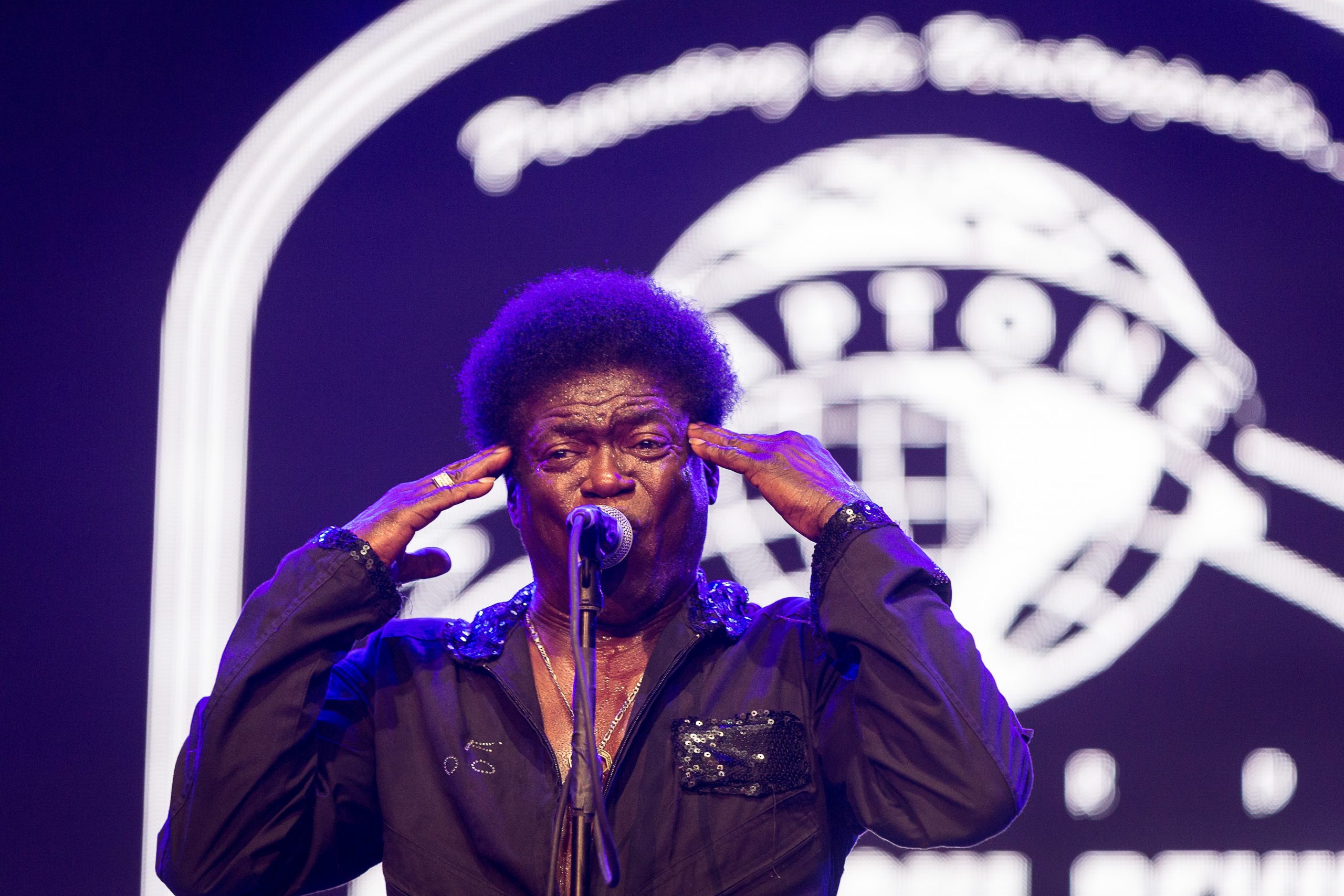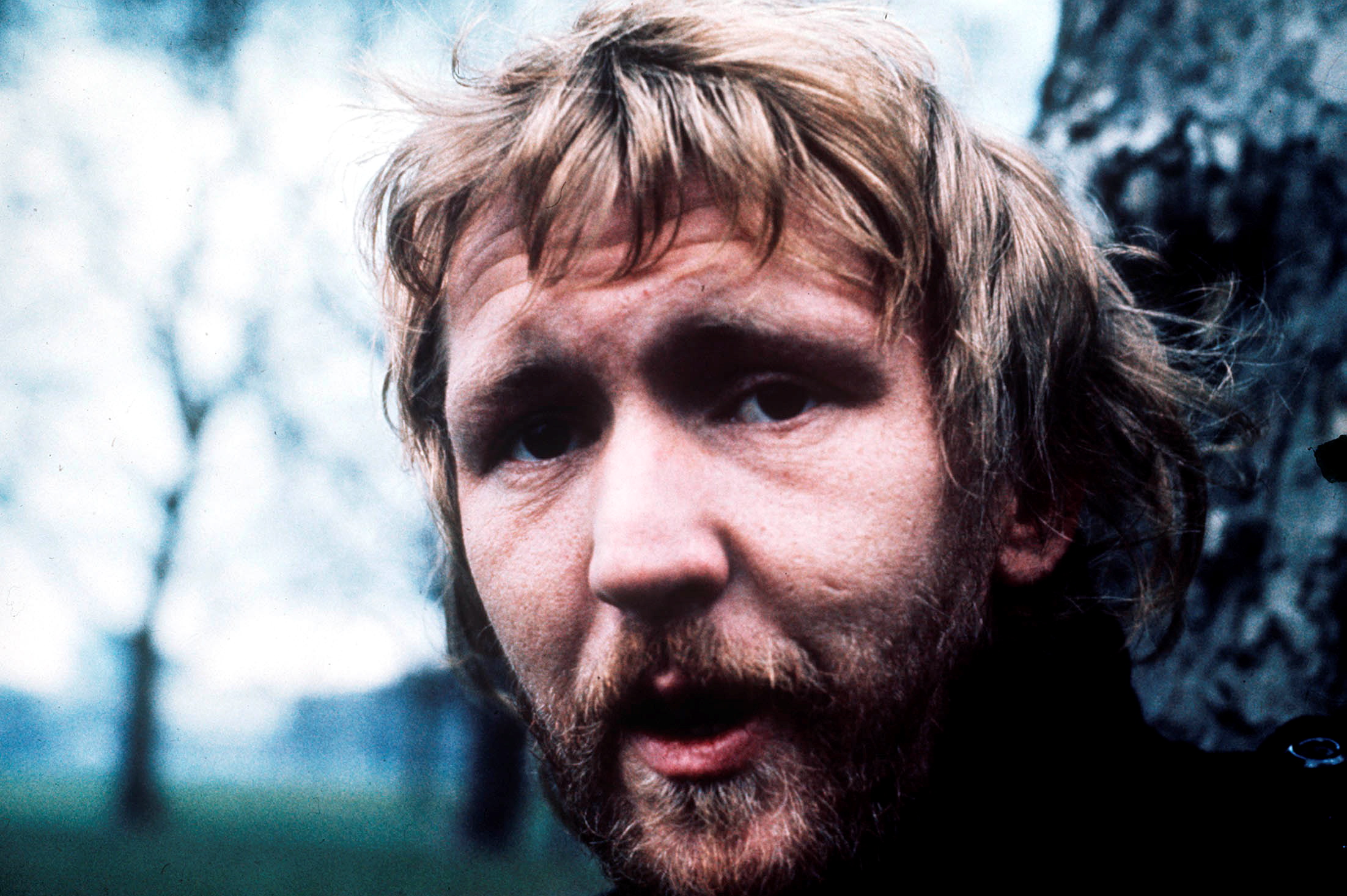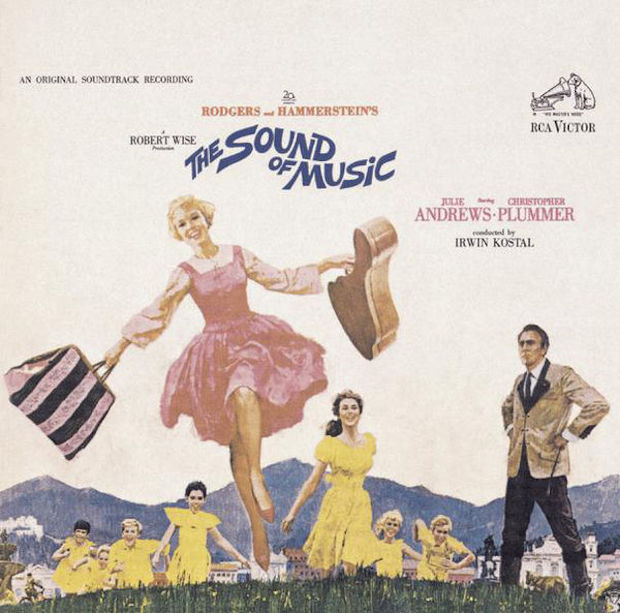Forty years ago this week, Queen released Jazz, an album that gave us "Don't Stop Me Now," "Fat Bottomed Girls," and Dave Marsh's notorious Rolling Stone decree that Queen were "the first truly fascist rock band." History hasn't been kind to that last assessment, but history's always being rewritten with some inaccuracies tagging along, which is why it's also worth noting that we're also celebrating the one-week anniversary of the Bohemian Rhapsody thinkpiece cycle. The movie was #1 at the box office.The critical consensus, however -- that the film does Queen wrong despite Rami Malek's remarkable performance as Freddie Mercury -- feels all too familiar. Rock biopics rarely transcend their tendencies to wrangle complicated lives, partnerships, and friendships into easy rise-and-fall-and-rise narratives, and Queen were a band that didn't take well to being constrained by a formula or depicted through somebody else's lens.
That goes for their songs, too, of course. Doing research for this column meant having to really dig for more than a handful of better-than-decent cover versions, with a lot of wading through snoozy "Symphonic Tributes" and active-rock bumblefuckery just to find a few versions where the bands didn't embarrass themselves (and a couple where they did, but endearingly). This proved tricky, since I made the decision to omit any of the numerous songs actually featuring Queen as the backing band for another vocalist, at which point I started to worry that I might've had to just forfeit this edition and just post a few selections from the 1992 Freddie Mercury Tribute Concert instead. But as it turns out, there really are eight Queen covers worth covering here. Not all of them are reverent, but they say more about the band's legacy than the movie does.
Nine Inch Nails, "Get Down, Make Love" (1990)
If you're of a certain age and/or you're into Nine Inch Nails, this is the Queen cover you know. And it's a pretty grotesque one, partially on purpose and partially in retrospect.
One of the least-subtle cuts of a gloriously unsubtle band's career, "Sin" single B-side "Get Down, Make Love" was Reznor-ized into the hissing inverse of Queen's old "no synthesizers" rule, given the kind of drum-machine thump that made his integration into hip-hop inevitable. And then Trent fused moans from Al Jourgensen's porno stash to '60s psychological b-movie horror monologues, deeply intertwining eroticism and anxiety. Less horny than harrowing, and uncomfortable either way.
Metallica, "Stone Cold Crazy" (1990)
The Lenny Kaye-produced 1990 Elektra-plays-itself comp Rubaiyat has bizarre cross-genre covers for days, including the Gipsy Kings' Spanish-language "Hotel California" that The Big Lebowski made famous, and the even weirder prospect of the Sugarcubes doing Sailcat's dirtbag boogie anthem "Motorcycle Mama".
But if you want a gimme, then pick Metallica to thunder through Queen's five-years-early prototype for NWOBHM-style speed metal, a well-duh if there ever was one. The one wild card -- can James Hetfield fill the role of Mercury's voice? -- is met on better-than-acceptable terms. Hetfield sounds short on range but long on roar, and that's what counts when the gist of the song is fast fast fast no even faster. And Lars Ulrich gets bonus points for blast-beating his way to a performance that outdoes Roger Taylor even more thoroughly than Hetfield does Brian May.
Yo La Tengo, "We Are The Champions" (1998)
At the onset of this live recording, the audience busts out in laughter at the onstage announcement that Yo La Tengo are going to cover this song with an assist from their tour manager Joe Puleo. Which leads me to ask: Who are Yo La Tengo poking fun of with this? Queen, Puleo, themselves, the audience, or the actual concept of the cover version?
Let's answer that with a tentative "all of the above." Indie rock still wasn't entirely comfortable with taking up '70s arena rock on its own terms back in '98, so the purposeful cringe seems pretty omni-directional. This live rendition might be legitimately spur-of-the-moment, à la their on-the-spot listener-requested cover renditions for WFMU's pledge drives (as immortalized on Yo La Tengo Is Murdering The Classics and Murder In The Second Degree), or deliberately planned to sound completely lost, in which case it'd be a hell of a feint. Either way, it's expertly timed low comedy, as a group that knows full well how to be noisy, anthemic, and driving still lackadaisically fumbles their way through one of our most culturally ingrained and familiar archetypes of noisy, anthemic drive.
Melt-Banana, "We Will Rock You" (2002)
The only way that Yo La Tengo cover would be funnier is if you played it, per tradition, immediately following "We Will Rock You" -- but especially as performed by Tokyo noise maniacs Melt-Banana.
Their contribution to the noise-does-Queen tribute record Dynamite With A Laserbeamwas cut during a period where they were down to the duo of guitarist Ichirou Agata and chirp-shouting vocalist Yasuko Onuki, with no dedicated studio drummer. So of course they cover the STOMP-STOMP-CLAP of "We Will Rock You" using an 808, which is fucking hilarious and perfect. Even more hilarious/perfect is Agata's solo at the end. The only thing wrong with this version is that I doubt there's a Jeep in the world big enough for these beats.
Electric Six, "Radio Ga Ga" (2004)
In 2005, Electric Six's second album, Señor Smoke, was weighted with the burden of being a potential sophomore slump, and the backlash came out in full effect in part thanks to their late-'04 cover of Queen's "Radio Ga Ga" and its goofball video featuring the ghost of Freddie Mercury dancing with a group of also-ghost poodles.
The part of Mercury in both the video and the song is taken up by Dick Valentine, whose career has ridden on the fact that he has a capital-v Voice, and he does not want you to forget it. It's a strange fit since his intense straight-from-the-gonads bellow is like the cover-version equivalent of chainsaw sculpture: impressive that it's possible but more interesting as a creative process than the final product. But that's not to say the song's ruined -- far from it. They just hypersaturated it.
Melvins, "You're My Best Friend" (2009)
Sludge-grunge (slunge?) monsters the Melvins went from friends-with-Nirvana crossover beneficiaries to weirdo-rock patron saints without compromising much of anything about themselves, so maybe it's for the best that they waited a couple decades after their emergence before opening the let's-cover-our-influences Pandora's Box. That they're into Queen isn't some big shocker; Buzzo and Dale were teenagers in the '70s and you've gotta get geeked to be a rock musician somewhere, even if the eventual end result is a bit more corrosive and uneasy than the worldbeater anthems of A Night At The Opera.
But they upend expectations anyways. Their version of "You're My Best Friend" sounds even bouncier and cheerier than Queen's original, swapping out John Deacon's Wurlitzer for some kind of cheapie consumer-grade keyboard and bringing in Caleb Benjamin from Tweak Bird to sing like he's about to have a giggle fit. Fun for everybody!
Beach House, "Play The Game" (2009)
Initially meant for the 2009 Red Hot Organization's Dark Was The Night but left as an iTunes-only bonus track, Beach House's "Play The Game" was later officially rereleased on their 2017 B-Sides And Rarities -- a time span that saw them grow from breakthrough buzz band to established dream pop greats.
Which end of their rep the song fits better is a question best left up in the air, but as a piece of reinterpretation, this one's simple enough: What if the dynamic that Queen gave their 1980 ballad never fully resolved, that the hushed sense of romantic possibility never broke into cathartic joy and wailing solos, that it just hung in the air hoping that anticipation was enough to carry the whole thing through? Would the voice be enough to keep the energy alive? Victoria Legrand was up for finding out, and if turning arena rock into dream pop is a tricky task, the way she divebombs and soars through the octave runs Mercury established nearly 30 years earlier is as close as we'll get to really finding out how much of a "yes" the answer is. (A pretty big one.)
Bernard Fowler Feat. Doug Wimbish And Slash, "Dragon Attack" (2015)
Bernard Fowler is That Dude, especially in the sense of being a recognizable session singer/player in the orbit of dozens of examples of music royalty: the Rolling Stones, Bill Laswell, Herbie Hancock, Yoko Ono, PiL, Sly & Robbie, Swans, Bootsy Collins, and so on. One of his less-heralded yet still important collaborations was as part of the group Tackhead, a group that emerged from the remnants of the Sugarhill Records house band in the late '80s (bassist Doug Wimbish, percussionist Keith Leblanc, and guitarist Skip McDonald) to join with UK dub producer Adrian Sherwood in creating a sort of omnigenre post-R&B style of funk that fit post-punk and industrial niches just as well.
After a brief heyday and a few albums, the group petered out after the turn of the '90s, but reunited in 2014 for the covers album For The Love Of Money -- an album that paid tribute to a who's who of '70s funk, with Lou Reed and David Bowie as art-rock ringers dond justice dubwise. A year later, they all teamed up to some degree or another on Fowler's solo album The Bura, and bam, here you are, a version of "Dragon Attack" that sounds like Funkadelic wrote it instead of Queen, but emphasizes what little difference there'd be in that cosmic-not-sloppy changeup. Featuring Slash in the Brian May role, because fuck yeah.
